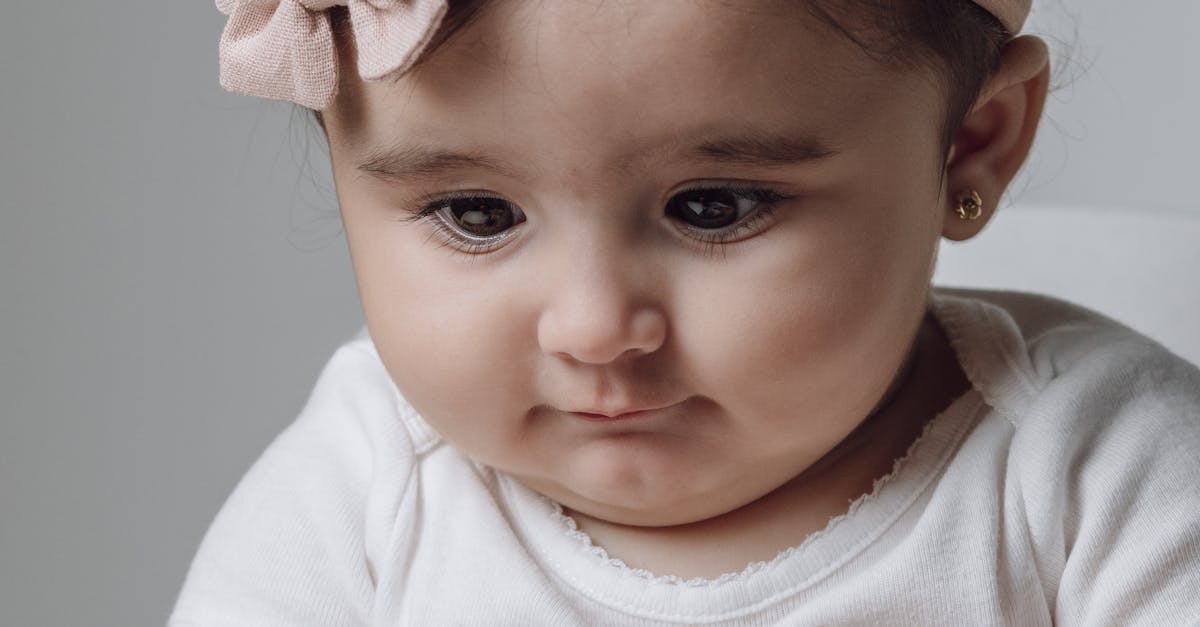 Understanding Adaptive Skills in the Context of Child Psychology
Understanding Adaptive Skills in the Context of Child PsychologyThe Role of Gross Motor Skills in Early Childhood Education
Table Of Contents
Classroom Activities for Development
Incorporating movement-based activities into the classroom can significantly enhance children’s gross motor skills. Simple tasks like obstacle courses made from soft mats and cushions encourage children to crawl, jump, and climb. These activities not only provide physical challenges but also stimulate coordination and balance. Engaging in group games that require running or throwing can cultivate teamwork while promoting physical fitness.
Outdoor play is also crucial for developing gross motor skills. Activities like running, hopping, or playing ball games provide opportunities for children to refine their movements in a natural, playful environment. Teachers can organise structured activities, such as relay races or skipping challenges, to keep children actively involved. These playful environments foster both individual skill development and cooperative play, creating a well-rounded approach to physical education in the early years.
n, and balance while fostering a sense of achievement as they navigate through various physical tasks. Simple games like dodgeball or tag can also improve running and dodging skills.
Another effective approach involves incorporating music and movement. Dance activities not only get children moving but also introduce rhythm and coordination elements, making the experience enjoyable and educational. Children can participate in group dances or follow movement patterns set by instructors, promoting teamwork and social interaction. Additionally, integrating equipment such as balls, hula hoops, and bean bags invites creative play, sparking interest and enthusiasm for physical activity.
Role of Educators
Educators play a crucial part in fostering an environment that encourages the development of gross motor skills among young children. By integrating physical activities into the daily curriculum, they create opportunities for movement and exploration. Activities can include structured games, outdoor play, and creative movement sessions, all designed to enhance coordination and balance. Through observation, educators can identify individual children's strengths and areas needing improvement, tailoring activities to meet diverse developmental needs.
The learning environment can also significantly influence physical development. A well-designed classroom that promotes movement ensures children feel comfortable engaging in different activities. Incorporating open spaces, climbing structures, and sensory materials can stimulate children's curiosity and physical engagement. Educators can encourage peer interactions during physical play, fostering social skills in tandem with motor skill development. This holistic approach not only advances gross motor skills but also contributes to children's overall growth and confidence.
ugh various engaging activities. Simple games such as throwing a ball or jumping rope can significantly enhance coordination and balance. Outdoor play, such as climbing, running, and exploring natural environments, provides abundant opportunities for children to develop these essential skills. Incorporating movement into daily routines also supports physical development, whether it's dancing to music or doing obstacle courses in the backyard.
In addition to structured activities, allowing children to explore their environment freely can reinforce their motor skills. For instance, providing safe spaces where kids can climb, slide, or ride tricycles encourages confidence and creativity in their movements. Parents can also participate in activities that require physical engagement, turning playtime into a collaborative effort. This not only strengthens the parent-child bond but also sets a precedent for valuing physical activity as part of an active lifestyle.Sitemap
FAQS
What are gross motor skills?
Gross motor skills are the abilities required for large body movements such as running, jumping, and climbing. These skills involve the coordination of muscles and require strength, balance, and agility.